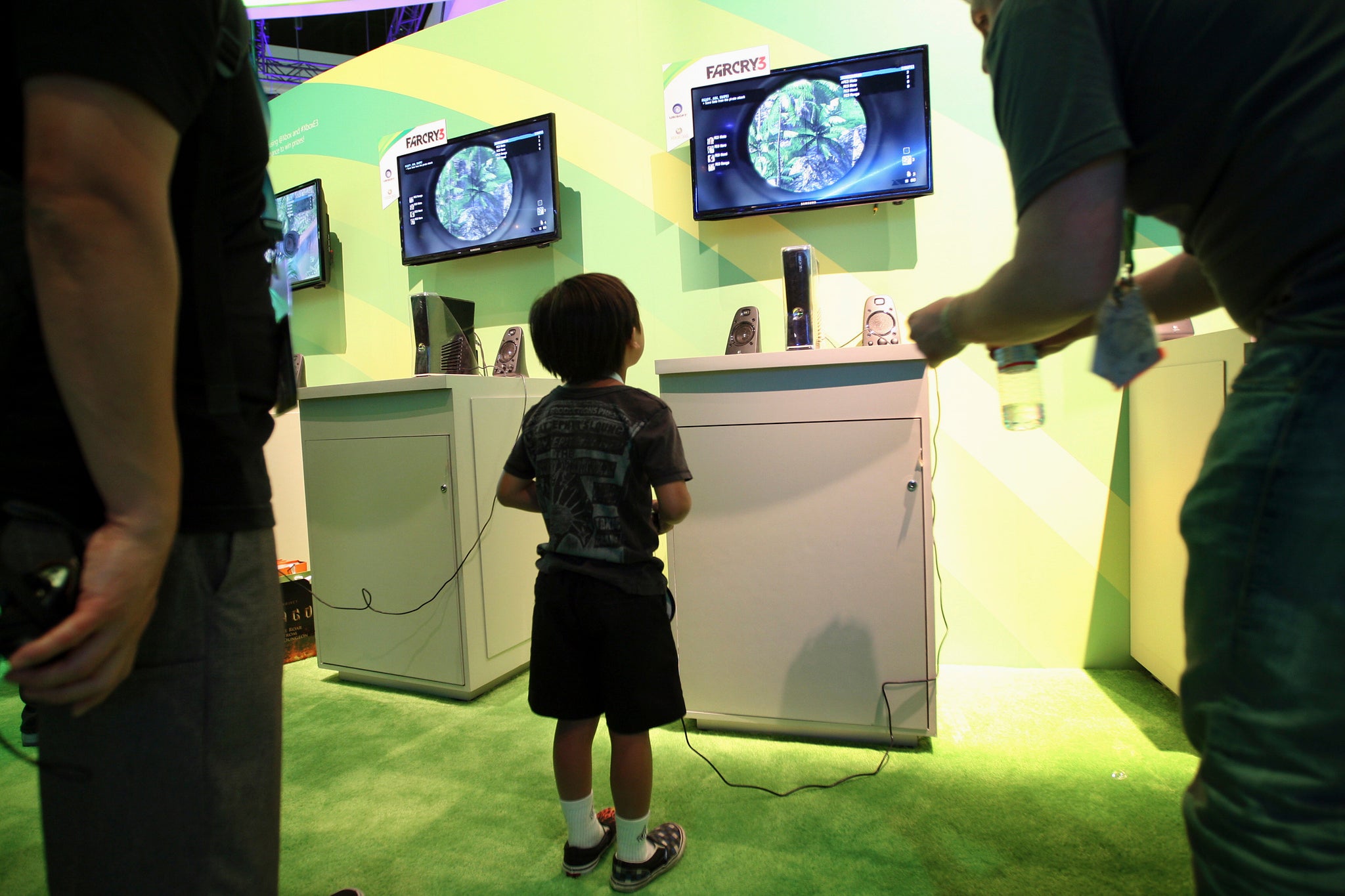The Independent's journalism is supported by our readers. When you purchase through links on our site, we may earn commission.
Video games 'can make children more morally aware'
New study shows how games can teach children to analyse their moral choices in life and consider the consequences

Your support helps us to tell the story
From reproductive rights to climate change to Big Tech, The Independent is on the ground when the story is developing. Whether it's investigating the financials of Elon Musk's pro-Trump PAC or producing our latest documentary, 'The A Word', which shines a light on the American women fighting for reproductive rights, we know how important it is to parse out the facts from the messaging.
At such a critical moment in US history, we need reporters on the ground. Your donation allows us to keep sending journalists to speak to both sides of the story.
The Independent is trusted by Americans across the entire political spectrum. And unlike many other quality news outlets, we choose not to lock Americans out of our reporting and analysis with paywalls. We believe quality journalism should be available to everyone, paid for by those who can afford it.
Your support makes all the difference.New research conducted in Canada at the University of Victoria suggests that playing video games can make children more ethically and morally aware.
The five-year study was conducted by education professor Dr. Kathy Sanford, and focused on young people aged 13 to 17, analysing what lessons, if any, games were teaching children.
“What we found was that what they were learning was a whole lot deeper and more profound than we had imagined,” said Dr. Sanford, speaking to The Globe and Mail. “They are doing a lot of problem solving and strategizing. They are learning collaboration and leadership skills.”
“But the most profound thing that got me really thinking about their civic engagement is that they are actively making ethical and moral decisions all the time. They are trying out roles through the characters in the stories. If they act badly, if they choose to be evil, they see the significant results of each of the decisions they make.”
Sanford says that although she recognises that parents are often sceptical about their children playing videogames she believes that “balance is critical”: “People criticize gaming because it is sedentary. But we wouldn’t be upset if those kids were reading a book.”
The research also highlighted that as well as teaching children to recognise the cause and effect reality of their actions, the focus of games on winning actually encouraged cooperation, rather the self-interest.
“In online games, they don’t necessarily choose their teammates, so they have to negotiate whose strengths are used at what time,” says Sanford. “These are not one-off strategies. Some of the participants have talked about the usefulness of their leadership skills in running a guild in a game, and then going into a high-school classroom and navigating that structure.”
The research flies in the face of popular opinion on videogames, which usually provide a handy conduit for pundits trying to create moral panics. Sanford’s opinion on the issue was simplistic, stressing that worried parents should “talk to [their] kids about what they are doing in an interested and genuine way.”
“Some of the characters are problematic to me, there is a lot of sexism, but we need to talk to kids about [videogames], not just ban them.”
Join our commenting forum
Join thought-provoking conversations, follow other Independent readers and see their replies
Comments